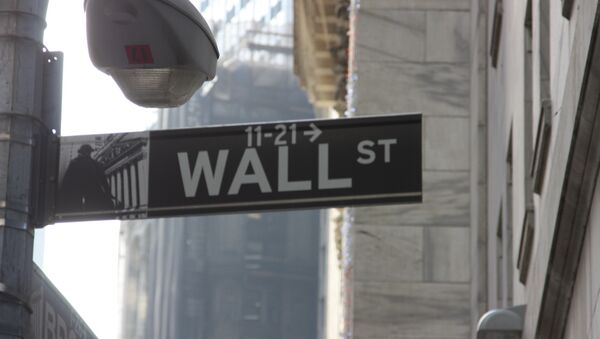WASHINGTON, October 7 (RIA Novosti) - While the Chinese government perceives American ideological influence as a potential strategic threat, the increase of US "soft power" leverage is merely an effect, and not an intentional policy, Robert Daly, Director of the Wilson Center Kissinger Institute on China and the United States, has told RIA Novosti.
"Certainly, American media, culture, think tanks, [Non-Governmental Organizations] NGOs ... have a tremendous amount of influence overseas. I don't argue that; and I understand how other countries would perceive that and how some might even perceive that as a threat. The question is whether this is a government-orchestrated plot and whether these different institutes have their influence in a way that is organized and targeted. The answer to that, I believe I know, is no," Daly said on Monday at a Sino-US colloquium, held by the China Energy Fund Committee.
Daly, who worked as a diplomat at the US embassy in Beijing in the late 1980s and early 1990s, added that the United States has a very powerful international media, which may help projecting a certain image, but underscored that this is "the effect, but not the purpose."
The annual event, held for the sixth time, focused on the role of media in shaping relations between Washington and Beijing. In recent years, the Chinese government has expressed skepticism about the purpose of American cultural and media institutes as instruments of "soft power", allegedly used to shape public opinions within China. Under the Presidency of Xi Jinping, China's National Security Commission listed western culture as one of five unconventional security threats impacting the country, along with terrorism and sedition.

